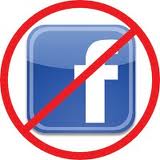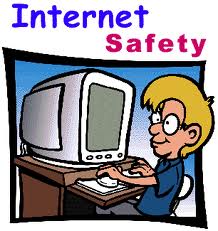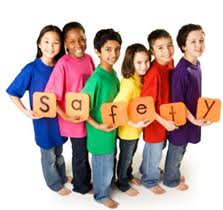So Long, Facebook!
Posted in Technology on 06/02/2012 09:25 am by CC

As of today, I am 63 days sober after having dropped Facebook cold turkey. I’d pondered the self-censorship for many weeks and discussed the possibility of doing so with my husband many times, but the way that it happened was almost as a shock to even me.
What brought about the sudden snub of one of the most popular social networking sites? Growing privacy concerns, an ever-changing site format, and my personal addiction to posting and reading status updates.
Don’t get me wrong, I loved communicating with friends and family online, but I came to the realization that I was hooked when I found myself frequently checking my Facebook feed while on vacation – not from one device, but from three: my laptop, my phone, and my tablet. I attribute the sudden epiphany to the proverbial mirror of one of those device screens in which I saw the image of a person headed toward a 12-step program.
Initially, I only planned to stay away from the site for the remainder of my vacation. I intended to log in again to upload vacation pictures once we were comfortably settled back into our routine at home, but that didn’t happen. The more I stayed away, the less I wanted to go back to my addiction.
Sure, I miss the countless people with whom I had loads of fun on the site. They’re the coolest bunch of people I’ve never had the pleasure to meet in person. I don’t know if I’ll ever reactivate my account, but for now, I am grateful for the memories of these amazing people. I’m also grateful for the extra time that I now use to focus on my family.
No more worries about tending to five virtual farms in one game, a frontier in another, and a city in yet two other games. For now, I am content to tend to the homestead in which I reside in real life.
Do you maintain a Facebook account? If so, how often do you check in to post or read status updates?
CC






